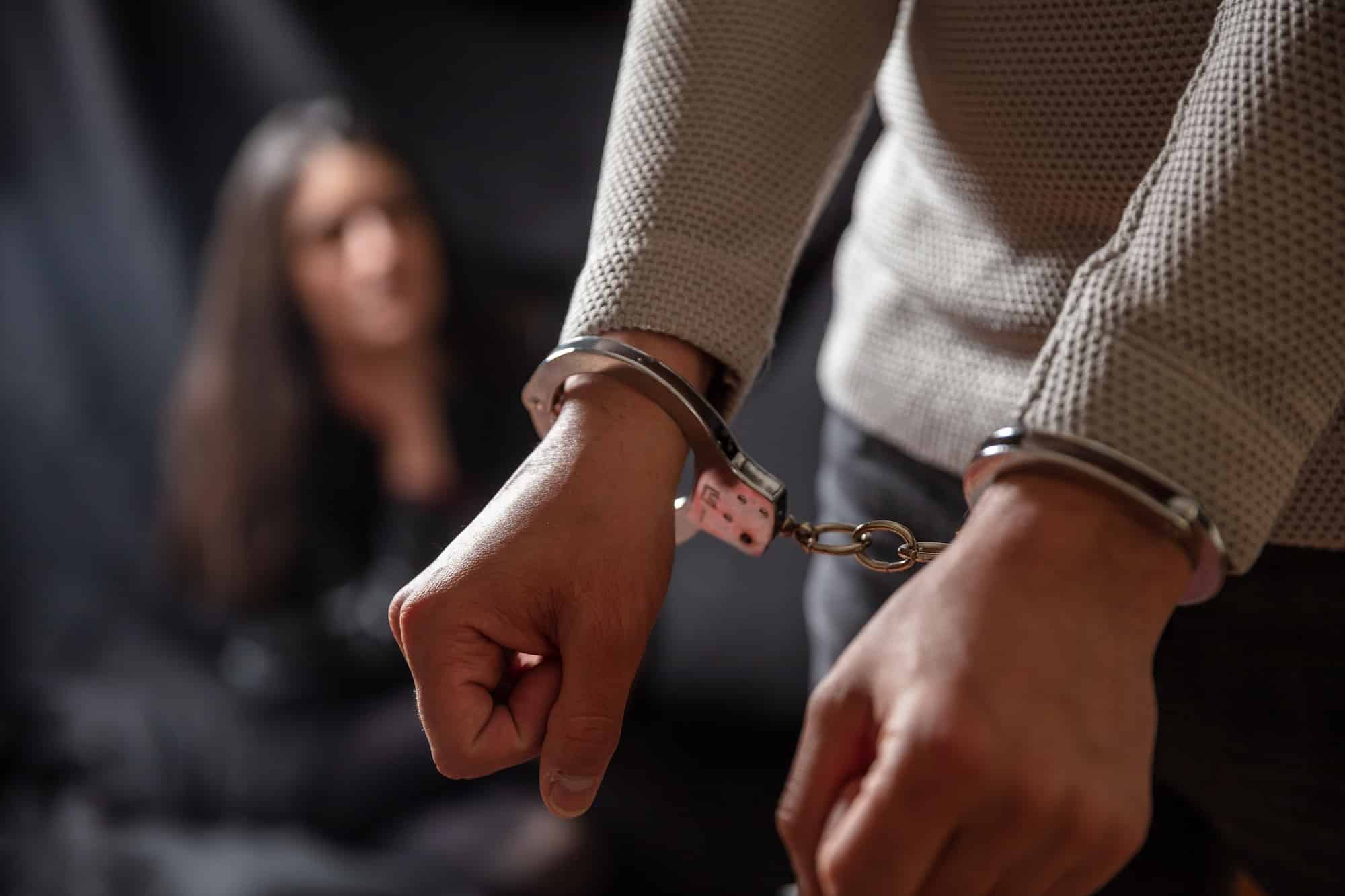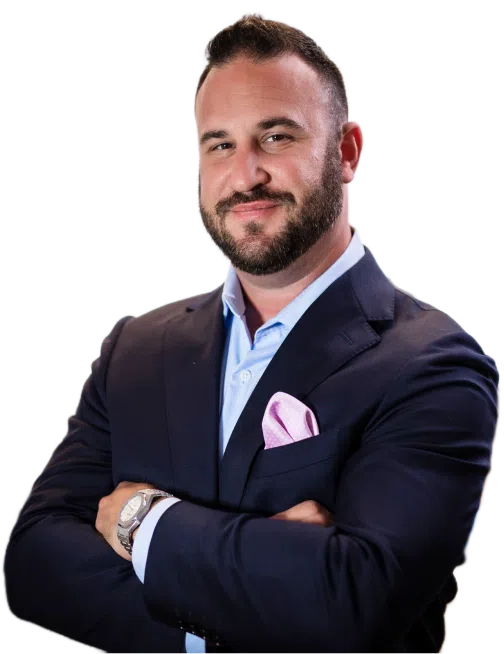Types of Felony Crimes in the State of Florida
There are many different types of felony crimes, and each charge requires an excellent defense to overcome the obstacles in court. According to Florida Statute 775.081, felony crimes are either first-degree felonies, which are the most serious, second-degree felonies, third-degree felonies, life, or capital felonies. They can encompass a wide range of offenses.
Common felony crimes include:
- Grand larceny or Grand Theft
- Aggravated assault and battery
- Drug manufacturing, sales, and distribution or trafficking
- Weapons charges
- Possession of Firearm by a convicted felon
- Fraud
- Tax evasion
- Burglary
- Forgery
- Murder and manslaughter
- Kidnapping and False Imprisonment
- Arson
- Statutory rape
- Sexual Battery and Sexual Assault
- Lewd and Lascivious Molestation
- Crimes involving minors, elders, or disabled individuals
- Hate crimes
- Animal cruelty
- And more
Additionally, some crimes can be either misdemeanors or felonies, depending on the circumstances surrounding the case. Examples include repeat DUI offenses, aggravated stalking, and more. Due to the highly nuanced circumstances that accompany each criminal offense, hiring a felony defense attorney is essential. It may be possible to have your charges reduced to a misdemeanor offense or dismiss your case entirely. However, you need an aggressive lawyer fighting on your behalf to protect your rights.
Penalties for Felony Crime
Felony crimes are distinctive from misdemeanor offenses because convictions carry much harsher consequences. For this reason, you must have a felony criminal defense attorney helping to prove your innocence. The consequences of a felony conviction can impact you for the rest of your life, making it challenging to find employment or housing from a landlord, as the criminal offense will stay on your record permanently.
Additionally, felons lose their right to vote in government elections, must turn in their firearms, and have other restrictions placed on their daily lives. When you add this to the potential prison time, fines and court fees, and subsequent probation terms that convicted felons must often serve, you can see that there is too much to lose by taking your chances in court alone. Having a felony defense attorney is crucial to fighting your case and protecting your freedom.
First-Degree Felony Penalties
First-degree felony charges are among the most serious and carry the most severe penalties. First-degree felony offenses include crimes such as murder. The potential prison sentence is thirty years with up to $10,000 in fines, with another thirty years of probation.
Second-Degree Felony Penalties
Second-degree felony convictions can land you in prison for up to fifteen years and also carry up to $10,000 in fines. You can also face an additional fifteen years of probation.
Third-Degree Felony Penalties
In the state of Florida, a third-degree felony conviction carries a potential penalty of five years in prison and up to $5,000 and five years of probation. Third-degree felonies are the least serious classification of a felony crime in the state of Florida.
Life and Capital Felony Penalties
Life and capital penalties are the most serious charges requiring a felony criminal defense attorney. In the state of Florida, a capital penalty is punishable either by the death penalty or by a sentence of life in prison without the possibility of parole. A life felony charge is punishable by life in prison and $15,000 in fines.
Whether you are facing charges for a first, second, third-degree, life, or capital felony, you must hire aggressive criminal defense lawyers to represent you. With such steep consequences and so much to lose, you need a felony defense lawyer who will fight tirelessly to prove your innocence and protect your freedom.
Defenses for Felony Crime in Florida
There are many possible defenses for a felony crime, and an experienced felony defense attorney will know which methods to employ in court. First, is making sure that law enforcement did not violate any of your rights during the investigation, arrest, or questioning process. If this is the case, the evidence gathered may not be admissible in a court of law.
Other possible defenses for felony crime include:
- Insanity
- Self-defense
- Mistake of fact
- Duress, or having committed the crime under threat of another individual
- Insufficient evidence to prove guilt
- Intoxication
- Lack of intent
- Lack of knowledge of the crime or its legality
- alibi defense
- mental illness
Additionally, it is often possible to get felony charges reduced when you plead out on a lesser charge. Your felony criminal defense attorney may be able to negotiate a deal with the prosecutor’s office, allowing you to plead guilty to a misdemeanor charge in exchange for dropping the felony. This is often a preferred route as it may allow you to avoid the significant prison time associated with a felony conviction. When you plead guilty to a misdemeanor, you will not lose the right to vote and likely will not need to forfeit your firearms.
The Legal Process After You’re Charged With A Felony
Understanding the legal process helps clients navigate their cases with confidence. Our team guides you through each phase while protecting your rights and pursuing the best possible outcome.
From Arrest to Resolution
After arrest, you’ll have a first appearance hearing within 24 hours, where a judge determines bail and conditions of release. The arraignment follows, typically within 30 days, where you’ll enter a plea to the charges.
Our team files necessary motions, challenges evidence, and negotiates with prosecutors during the pretrial phase. If your case proceeds to trial, we present a compelling defense and fight for your rights before a judge or jury.
Timeline and Important Deadlines
Felony cases can take several months to resolve, depending on complexity and court schedules. However, certain deadlines for filing motions and responding to prosecution actions require immediate attention.
We recommend securing legal representation as soon as possible after arrest. Early intervention allows us to protect your rights, preserve evidence, and begin building your defense strategy immediately.















